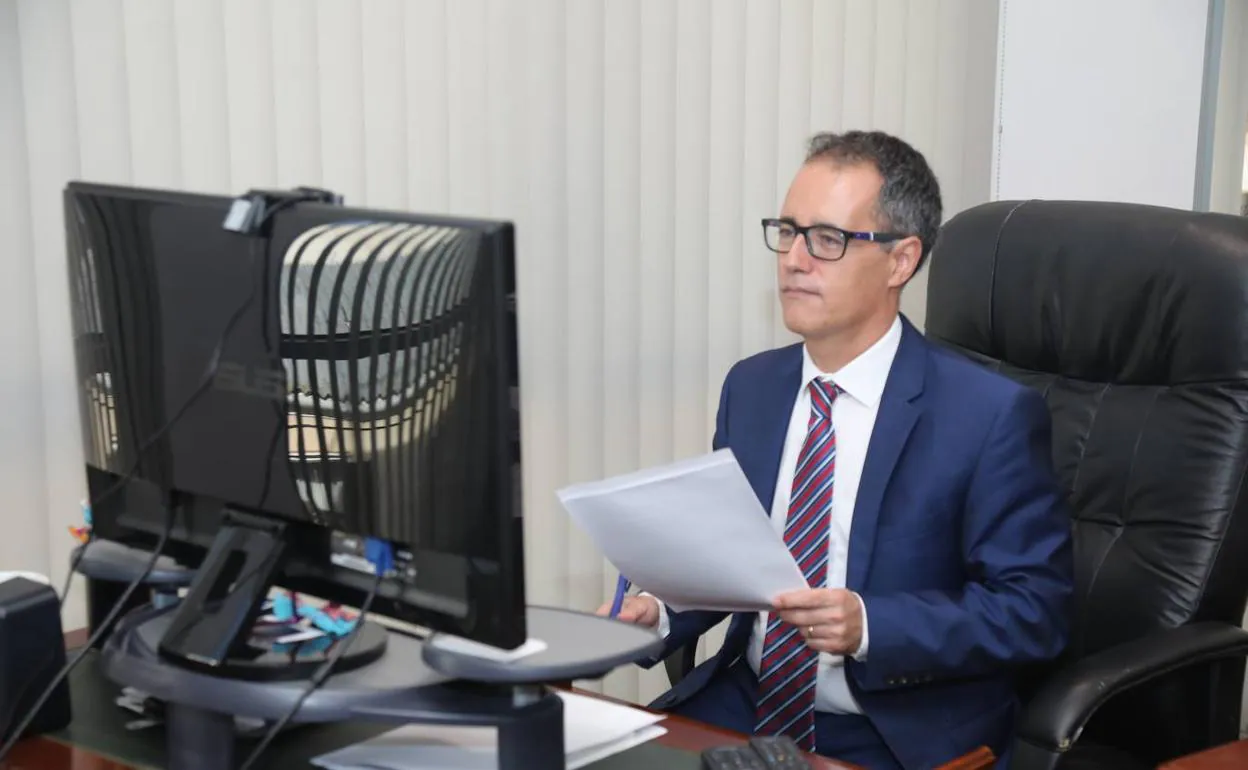Gibraltar hosts officials from the European Commission and also works on contingency plans in case negotiations fail
The visitors hope to obtain a greater understanding of the situation which affects Gibraltar and the Campo de Gibraltar area of Spain, the other side of the border, post-Brexit
Officials from the European Commission are paying a technical visit to Gibraltar this week. This is related to the ongoing negotiations regarding Gibraltar’s future relationship with the EU, and the idea is to give them a greater understanding of the situation which affects both sides of the border.
Meanwhile, although the government stresses that it is still working constructively towards an agreement which will be put into effect in the form of a treaty between UK (which is responsible for Gibraltar’s international relations) and the EU, it is also continuing with preparations in case this is not possible. The UK-Gibraltar board, which supervises arrangements for No Negotiated Outcome (NNO) held another virtual meeting this week, the first to be attended by the UK’s new Minister for Europe, Chris Heaton-Harris, who said he is also keen to visit Gibraltar in order to obtain a better understanding of the situation on the ground.
The meeting was chaired jointly by Christ Heaton-Harris and Gibraltar’s deputy chief minister Dr Joseph Garcia, who holds the government’s Brexit portfolio.
Some time ago the Gibraltar government produced a booklet called “Preparing for a No Deal Brexit” which was distributed to every household in Gibraltar and is also available on-line. This set out the position in the run-up to the Withdrawal Agreement, and it has been updated after the transition period came to an end on 31 December 2020. A number of new Technical Notices have been issued on many different subjects since then, so people can be aware of any action they may need to take. These have covered matters such as passports, identity cards, health, pet passports, driving licences, EU funding and, most recently, the further extension of the bridging measures agreed by Spain while the negotiations take place.
More cumbersome, bureaucratic and time-consuming
The government does, however, stress that it is important to understand that there are areas where it is not possible to mitigate and where, if no agreement with the EU is possible, the outcome would simply reflect what it means to be a third country outside the European Union. This would entail different processes and procedures from those people have been used to in dealings with the EU in the past and they are likely to be more cumbersome, bureaucratic and time-consuming. An example of this would be the stamping of all passports on entry and exit from the Schengen area, not only from Spain.
Dr Garcia says the government is working to secure an agreement with the EU and at the same time planning for the consequences of life without one. “Needless to say ,the government remains fully committed to secure a positive treaty outcome which is based on the New Year’s Eve Agreement which was concluded, together with the United Kingdom and Spain, on 31 December 2020,” he says.

